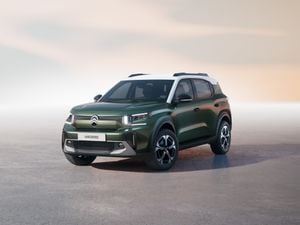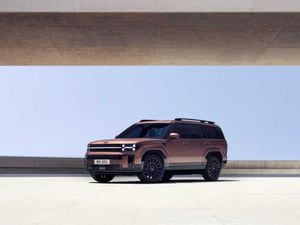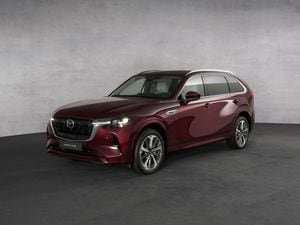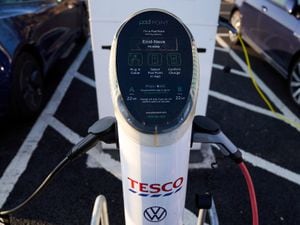Sales of new petrol and diesel cars must end by 2030 to meet climate targets, says report
A new report says the EU will need to crack down on combustion-engined cars ten years before forecast if it wants to meet global warming agreements
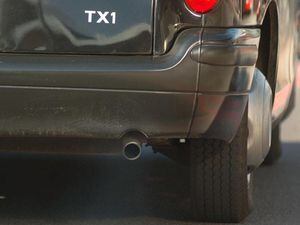
A new report has suggested that the EU may struggle to meet its climate targets without an earlier ban on the sale of petrol and diesel cars.
The automotive industry’s carbon dioxide ‘budget’ would be easier to meet if sales of petrol and diesel cars were stopped from 2030, rather than the current target of 2040 held by some countries including the UK, according to analysis by the German Aerospace Centre (DLR) commissioned by Greenpeace.
The move would make it easier to meet the Paris climate change agreement’s goal to limit global warming to just 1.5 degrees C, with DLR predicting a 50 per cent likelihood of this happening.
The DLR’s simulated scenario is based on no more pure petrol or diesel cars being sold from 2030, and from 2037, no more hybrid models. By 2050, it expects the majority of vehicles on the roads to be zero-emission.
“In our latest study, the likelihood is that global warming will remain below the 1.5 degree mark,” said DLR researcher Bent van den Adel, who was responsible for leading the research.
“This scenario highlights the extreme urgency of the topic, as well as the need to consider and implement all available courses of action as quickly as possible. If, however, Europe’s car fleet continues to develop as before, DLR researchers estimate that the passenger car carbon budget would be completely depleted within 10 years.”
The UK’s current plan is to ban the sale of new petrol and diesel cars from the year 2040, with increased taxes on the dirtiest cars contributing to a ‘clean air’ fund to help prepare infrastructure for greater numbers of alternatively-fuelled vehicles. Under this situation, hybrid vehicles would still be permitted, however.


